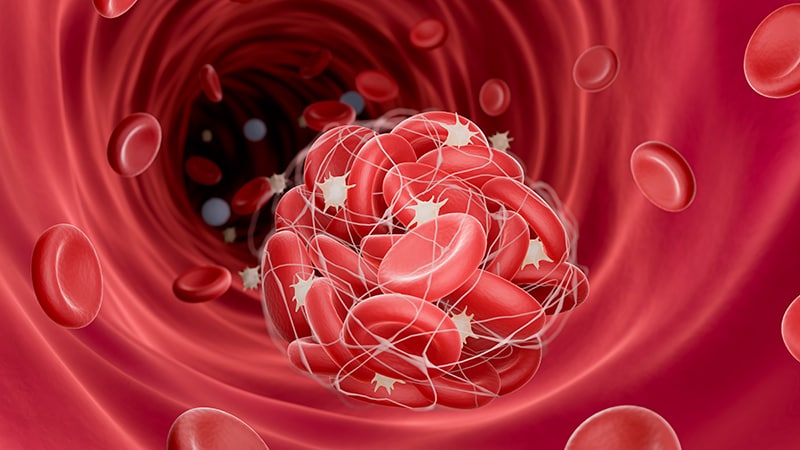Information on the personal benefit of COVID-19 vaccination is more likely to reduce vaccine hesitance in UK adults who are strongly hesitant, suggest the findings of the OCEANS-III trial.
The single-blind, parallel-group, randomised controlled trial recruited 15,014 UK adults between January 19 and February 5, 2021.
Participants were randomly assigned equally across 10 information conditions stratified by level of vaccine acceptance (willing, doubtful, or strongly hesitant). The control information comprised the safety and effectiveness statement from the NHS website.
After online provision of vaccination information, participants completed the Oxford COVID-19 Vaccine Hesitancy Scale and the Oxford Vaccine Confidence and Complacency Scale.
Vaccine hesitancy had reduced from 26.9 percent in the previous year to 16.9 percent, so recruitment was extended to February 18 to recruit 3,841 additional vaccine-hesitant adults.
A total of 12,463 (66.1%) participants were classified as willing, 2,932 (15.6%) as doubtful, and 3,460 (18.4%) as strongly hesitant.
In those strongly hesitant, hesitancy was reduced by:
- personal benefit information (mean difference [MD], -1.49; 95% CI, -2.16 to -0.82; adjusted P=.0015),
- directly addressing safety concerns about speed of development (MD, -0.91; 95% CI, -1.58 to -0.23; adjusted P=.0261), and
- a combination of all information (MD, -0.86; 95% CI, -1.53 to -0.18; adjusted P=.0313).
Information on personal benefit reduced hesitancy to a greater extent than information on the collective benefit of not personally getting ill (MD, -0.97; 95% CI, -1.64 to -0.30; adjusted P=.0165) or of not transmitting the virus (MD, -1·01; 95% CI, -1.68 to -0.35; adjusted P=.0150).
Ethnicity and gender were found to moderate information condition outcomes.
The authors conclude that messaging that stresses the personal benefits of COVID-19 vaccination is likely to be most effective at reducing hesitancy. They say the study "highlights the need for future health campaigns to engage with the public on the terrain that is most salient to them".
Lancet Public Health. Published online May 12, 2021. Full text
References:
Freeman D, Loe BS, Yu LM, Freeman J, Chadwick A, Vaccari C, Shanyinde M, Harris V, Waite F, Rosebrock L, Petit A, Vanderslott S, Lewandowsky S, Larkin M, Innocenti S, Pollard AJ, McShane H, Lambe S. Effects of different types of written vaccination information on COVID-19 vaccine hesitancy in the UK (OCEANS-III): a single-blind, parallel-group, randomised controlled trial. Lancet Public Health. 2021 May 12 [Epub ahead of print]. doi: 10.1016/S2468-2667(21)00096-7. PMID: 33991482
This article originally appeared on Univadis, part of the Medscape Professional Network.



